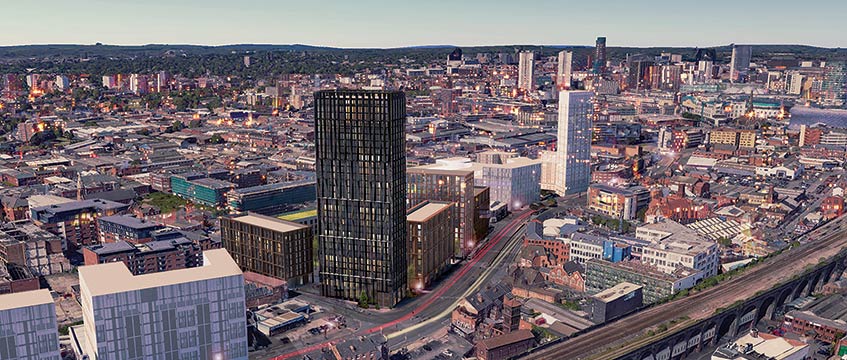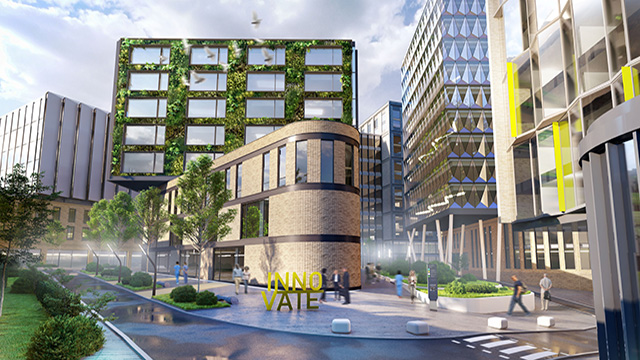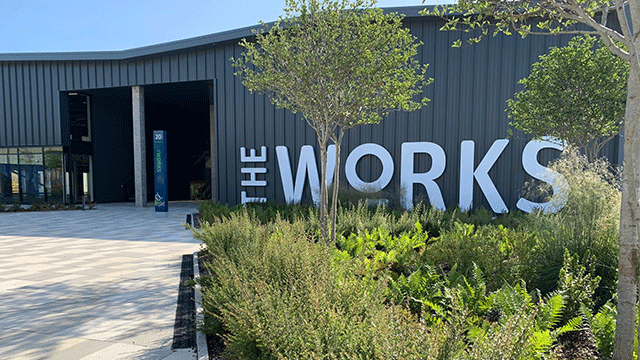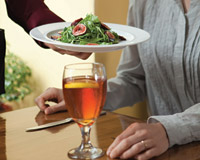 The purpose of a hotel in the long term is to make money for the owners – it is that simple. There are, of course, many different ways to do this, but generating demand is vital to the long-term success of a hotel, and having a good restaurant can be an excellent calling card.
The purpose of a hotel in the long term is to make money for the owners – it is that simple. There are, of course, many different ways to do this, but generating demand is vital to the long-term success of a hotel, and having a good restaurant can be an excellent calling card.
The buzz from a sought-after eatery can lead to widespread recognition for a hotel, adding another string to the overall marketing campaign. Times have certainly changed from when diners felt uncomfortable going into a hotel to eat, where a restaurant needed to be almost disassociated with a hotel, with a separate brand identity and separate door for it to be successful.
A hotel generally needs to have a restaurant – almost all types of hotel require breakfast capabilities at the very least. However, the restaurant is traditionally one of the least profitable parts of the business. Bedrooms can make up to 80% departmental profit, meeting spaces upwards of 75% profit, while the restaurant typically generates no more than 40% profit, and often less than 20%, because of associated costs.
As such, less focus is often placed on this department, which in reality tends to adversely affect returns even further. Originally the luxury segment, and more recently the boutique segment of the hotel market, have adopted a different approach to the hotel restaurant.
Offering a quality restaurant has been seen as a way to generate significant returns, albeit at lower levels of profitability, with the additional advantage that it helps form part of the overall marketing strategy for the property. André Balazs’s Chiltern Firehouse in Marylebone, W1, would have taken much longer to become established had it not been for Nuno Mendes’s innovative restaurant.
A successful hotel restaurant will first and foremost meet the needs of the hotel guests. If it is a great hotel restaurant it will also generate a significant income for the owner. Hotel conversion rates, usually measured on a sleeper to diner ratio, tend to vary across different locations and market segments. However, in a London hotel, these might vary between 30% and 50%, depending on typical lengths of stay.
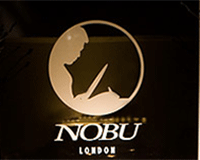 A hotel guest will usually look to eat in the hotel only once every two days of their stay, unless there are limited alternative options. But where a hotel has an extremely successful restaurant and reserving a table can be difficult, such as Nobu on Park Lane, W1, (which forms part of Christina Ong’s Metropolitan Hotel), it is not unknown for diners to book a room at the hotel to secure a table booking.
A hotel guest will usually look to eat in the hotel only once every two days of their stay, unless there are limited alternative options. But where a hotel has an extremely successful restaurant and reserving a table can be difficult, such as Nobu on Park Lane, W1, (which forms part of Christina Ong’s Metropolitan Hotel), it is not unknown for diners to book a room at the hotel to secure a table booking.
As a general rule of thumb, the hotel restaurant will need to generate 40% or more from non-hotel guests if it is to make decent returns for the owner.
The secret of running a good restaurant is the same whether tied to a hotel or not – it must be relevant to the local market. That said, the hotel restaurant must also complement the hotel. Having a fine dining establishment in a mid-market hotel may create operational difficulties as the sleeper-diner ratio is likely to be lower than usual, meaning the hotel needs to generate a higher proportion of non-resident demand.
Although the oft-quoted restaurant failure rates of between 80%-90% have been discredited by various studies undertaken at Cornell University, it is believed the real rates, in a city like London, are between 30%-40%.
So being “relevant” remains vitally important and of course, that is the real secret – determining what the customer will want. How can the menu, the service and the ambience be aligned to meet the requirements of the hotel guest and the local population? There are a wider range of franchise opportunities now, for example Steak & Lobster in the Radisson Blu in Bloomsbury, WC1.
Specialist requirements
For a boutique or luxury hotel – two of the most thriving sectors for hotel restaurants – a franchise may not make the statement that the property is trying to project. In this case, it is usually worth making an investment in a restaurant-theme designer, who will review the local market catchment areas and provide a concept that should be in tune with the area.
Many hoteliers are aware that the specialist requirements of a restaurant need more than just a food and beverage manager. Having a unique restaurant usually requires a dedicated restaurateur, and as such successful outlets are often run by a third party. There are a number of potential structures, with the most successful in the long term being an alignment of the interests of the restaurant and the hotelier.
A fixed rent tends to be seen as a divisive arrangement. It is generally considered to be either too high, meaning the restaurateur resents having to pay it, or it is too low, meaning the hotelier feels that their tenant is taking advantage of them. Turnover leases on the other hand, where the rent changes depending on how well the restaurant is performing, means the hotel shares in the upside of a successful business, while also sharing the operational risk.
As such, both parties tend to be aligned in attempting to drive business to the restaurant. Such an agreement will also usually cover the minimum operating requirements the hotel has, for example providing breakfast service, opening hours and leaving a percentage of covers available up until a certain time for hotel guests. The agreement may even cover the provision of room service, something certain hotel guests like, but can lead to low operating margins and so is not a favourite of the hotelier.
Valuing a hotel restaurant
Assessing which restaurants are most successful is not quite as easy as it would at first seem.
It can be difficult to assess the actual operational profit margins at a restaurant when some services are shared, such as electricity, water and gas, making accuracy difficult.
Excluding these, there will also potentially be a number of unallocated costs, such as sales and marketing, that are shared between the hotel and the restaurant.
Therefore, providing a fair apportionment of such costs can be difficult. In addition, with breakfast usually a requirement, how is this charged to guests who book a bed & breakfast rate at the hotel?
On the other side of the equation, how can you assess the value added to the hotel by having a quality restaurant? It is difficult to track bookings generated purely by the restaurant, and are sleeper-to-diner ratio improvements caused by the restaurant itself, or by the hotel staff making guests aware of it?
Some hoteliers are just happy to pass over the responsibility, and sometimes headache, of running the hotel restaurant, and consider it a success so long as the contribution to the bottom line does not drop with the installation of the new third-party operator.
David Harper is director at Leisure Property Services








